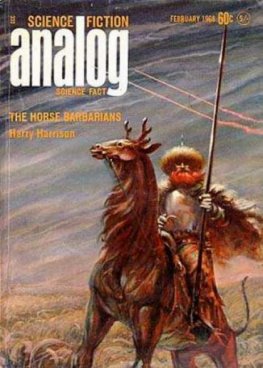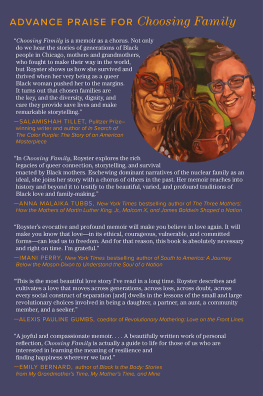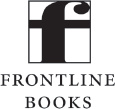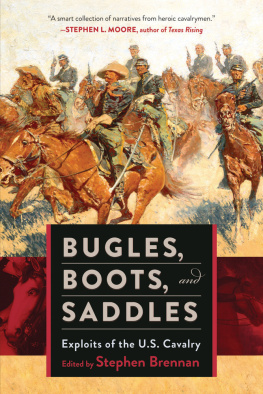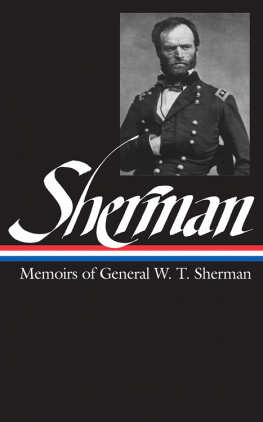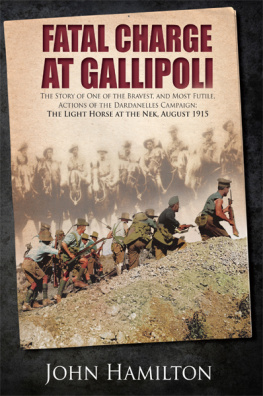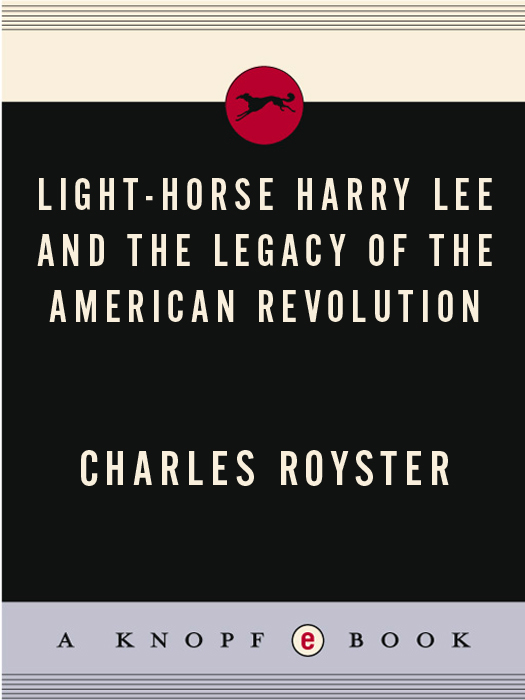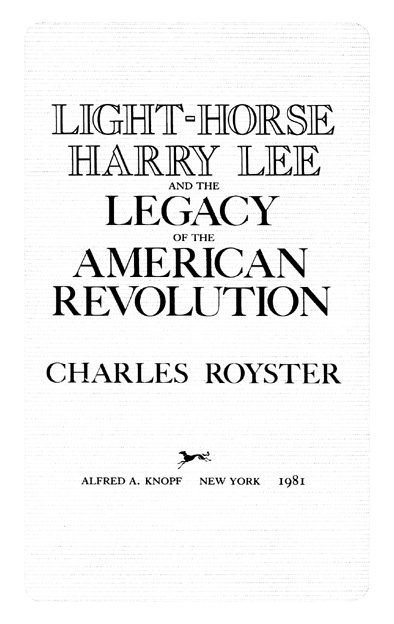Also by Charles Royster
A REVOLUTIONARY PEOPLE AT WAR:
THE CONTINENTAL ARMY
AND AMERICAN CHARACTER ,
17751783
THIS IS A BORZOI BOOK
PUBLISHED BY ALFRED A. KNOPF, INC .
Copyright 1981 by Charles Royster
All rights reserved under International and Pan-American Copyright Conventions.
Published in the United States by Alfred A. Knopf, Inc., New York, and simultaneously in Canada by Random House of Canada Limited, Toronto.
Distributed by Random House, Inc., New York.
Library of Congress Cataloging in Publication Data
Royster, Charles [date]
Light-Horse Harry Lee and the legacy of the American Revolution
Bibliography: p.
1. Lee, Henry, 17561818. 2. United StatesHistoryRevolution,
17751783Influence.
3. GeneralsUnited StatesBiography. 4. United States. Army.
Continental ArmyBiography.
5. VirginiaGovernorsBiography. 1. Title
E207.L5R69 973.30924 [B] 80-2706
eISBN: 978-0-307-82892-7
Published April 14, 1981
v3.1
To
Lester J. Cappon
&
Philip and Charlotte Partain
CONTENTS
ILLUSTRATIONS
FOLLOWING
Charles Willson Peale, Henry Lee.
The Death of Pulaski at Savannah.
Charles Willson Peale, Nathanael Greene.
Sir Joshua Reynolds, Banastre Tarleton.
Charles Willson Peale, Alexander Hamilton.
Charles Willson Peale, John Laurens.
Charles Willson Peale, Henry Lee.
Artist unknown, Henry Lee.
Battle of Guilford Courthouse.
Attributed to James Peale, Washington Reviewing the Western Army at Fort Cumberland
Artist unknown, Ann Hill Carter Lee.
Charles Willson Peale, Gouverneur Morris and Robert Morris.
Charlotte Partain, Stratford Hall.
George Beck, The Great Falls of the Potomac.
George I. Parkyns, Washington, D.C.
T. Cartwright after George Beck, Georgetown and Federal City.
Abandoned lock of the Potomac Companys Great Falls canal.
Part of the Potomac Companys abandoned Great Falls canal.
Ruins of a building on the site of Matildaville.
George I. Parkyns, View of the Suburbs of the City of Washington.
Artist unknown, William Augustine Washington.
Artist unknown, Charles Simms.
Artist unknown, Alexander Contee Hanson.
Stratford Hall, the plantation, and the Potomac River.
Bass Otis, Thomas Jefferson.
Rembrandt Peale, George Washington.
607 Oronoco Street, Alexandria, Virginia.
Gilbert Stuart, Henry Lee.
Michael Miley, Robert E. Lee.
PREFACE
T HIS BOOK IS A STUDY OF THE EFFECT OF THE A MERICAN Revolutionary War on the character and career of Henry Lee. As a soldier, politician, investor, and historian, Lee touched many of the major events of American history between 1776 and 1815, and the eight-year war gave the dominant themes to this forty-year story. I do not tell that story in full; nor do I undertake a complete account of Lees times, his family, or childhood. Instead, I try to trace the legacy of the war in Lees life and to analyze the ways in which the American Revolution dominated the period that came after it.
Because this account deals with themes in Lees career rather than telling the story of his life, it departs from chronology at several points within a broadly chronological framework. I begin by studying the effect of the Revolutionary War on Lee. Then I examine what he expected from peace. Both accounts prefigure the defeats that he experienced later in life. The remaining chapters discuss those defeats, as Lee tried to shape his career and, through it, the American Revolution, in order to bring his country the promise of the Revolution without its worst flaws. In describing Lees mind and character, I do not apply clinical psychological analyses. I lack the professional competence to do this, and have not found ways in which such an analysis would satisfactorily explain the connection between Lee and the Revolutionary War that is my main concern.
Writing this account, I had before me the example of several scholars who have pursued thematic studies as an alternative to full-scale biography. Three recent works are Peter Shaws The Character of John Adams (Chapel Hill, N.C., 1976), Robert Dawidoffs The Education of John Randolph (New York, 1979), and Richard M. Rollinss The Long Journey of Noah Webster (Philadelphia, 1980). These works demonstrate the value of studying one mans character, alike for its intrinsic interest and for its usefulness as a reflection of, influence in, or commentary on his era. And all three explore the lasting effect of the American Revolution on the participants and their posterity.
However, I seek a still more concentrated focus: a focus not only on character but on the connection between character and war. What did a revolutionary strive for in war? How did the war affect his understanding of the Revolution? In what ways did his experience in the Revolution and its war shape his life and, through him, his country? These questions bear with special force on the study of Henry Lee. Revealing events, issues, and statements from his career can help in framing answers.
I believe that these answers in turn suggest insights that go beyond the character of Lee. The Revolutionary War became a crucial experience in defining a nation, a generation, and a legacy for posterity. Each question one asks about Lee can be asked about his contemporaries. If the study of Lee were to prove useful for understanding his contemporaries, the reason would not be that he was typicaleven of leaders or of army officers. Few Americans saw as much of the Revolutionary War as Lee did; few Americans suffered reverses so complete in the years that followed; and few Americans grew so isolated from their country. Yet Lees distinctiveness might also make his career fruitful for analysis; the extremes of his conduct and fortunes might set questions in bolder relief. Many of his countrymen, like Lee, tried to emulate and reenact the victories of the Revolutionary War. And many Americans, like Lee, feared that the Revolution might still faillost or betrayed by weak revolutionaries or by posterity. Lees distinctiveness arose partly from his pursuing these shared concerns to uncommon extremes. He may have suffered not only from a flawed character but also from devoting his life to revolution. The tragedy of such a life was not confined to Lee alone.
PROLOGUE
O N C UMBERLAND I SLAND , G EORGIA , LATE IN THE AFTERNOON of March 10, 1818, a fifteen-year-old boy was playing near the beach. He saw a ship approach the island and drop anchor not far beyond the wharf that served his aunts plantation. A boat was lowered from the vessel, and two sailors rowed it toward the landing. The boy went down to meet them. At the wharf the sailors lifted an old man out of the boat and bore him in their locked arms to the beach.
He looked poor and sickplainly, almost scantily dressed, pale and thin. He gave signs of suffering much pain. He called the boy to him, and in reply to the old mans questions the boy said that he was Phineas Miller Nightingale, that his aunt was Mrs. Louisa Shaw and she was at home, and that he was a grandson of General Nathanael Greene. The old man hugged Phineas. Then Phineas supported him as they walked a short distance to a log and sat down. It was easy to tell that the old man had once been used to giving orders and making speeches. He told Phineas to go to the house and say to Mrs. Shaw that General Lee was at the wharf and wished her to send a carriage for him. Tell her, he said, I am come purposely to die in the house and in the arms of the daughter of my old friend and compatriot.


